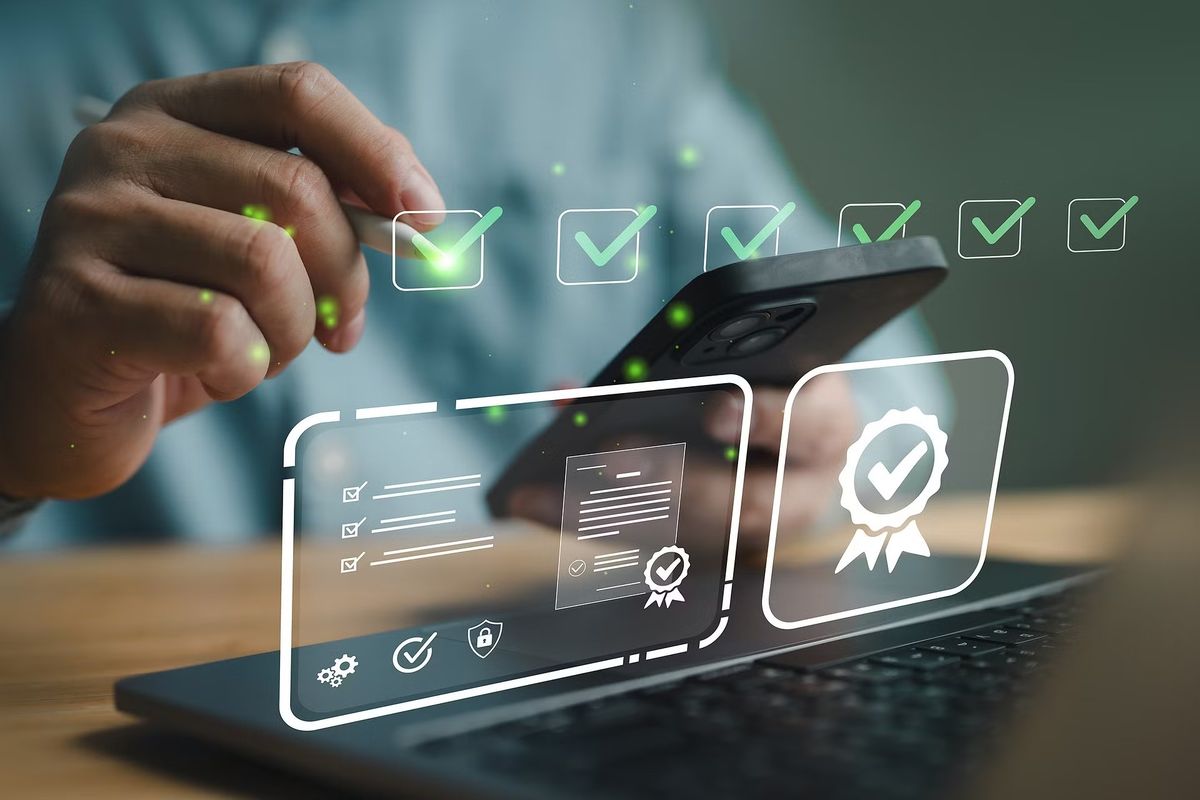Digital identity verification tools can be a cornerstone for online assessments, registrations, and certifications, as well as for preventing identity theft and academic fraud.
Academic Fraud in Remote Education: A Growing Challenge
Remote learning has transformed the lives of many people, allowing them to access tools and knowledge digitally; however, it has also brought challenges and new forms of academic fraud and identity theft. In this context, asking "who is behind the user?" is crucial, as digital identity is essential to guaranteeing the authenticity of individuals, in this case to ensure academic integrity when it comes to online assessments and certifications.
Identity theft in exams and certifications is becoming increasingly common globally. The phenomenon of someone impersonating someone else to take an assessment on digital educational platforms is a fraudulent practice that often slips under the radar of schools.
In this sense, the black market for identity theft in online applications and exams has increased the number of services for submitting applications on behalf of others, and the most vulnerable platforms are those of universities, certification bodies, and online high schools.
Who are the most vulnerable?
Online high schools are often the educational institutions most prone to this type of fraud, as their resources are often very limited to implement authentication technologies.
In the case of certification agencies, their systems can be subject to digital certificate forgery if robust certification measures are not established.
While universities, which already have greater resources, such as better security systems, still lack adequate oversight of their online assessments.
Academic Fraud: Global Consequences
Fraud of this type has already been detected in several countries: in India, the University Grants Commission warned about impersonation in online exams; in the United States, the Association of Test Publishers has documented cases of "proxy test takers" who charge to take exams on behalf of others; and in the United Kingdom, the Quality Assurance Agency has warned about the proliferation of impersonation services linked to distance learning.
The UNESCO y la OCDE han advertido que este tipo de fraude académico amenaza la credibilidad de la educación digital a nivel mundial, en particular cuando los títulos obtenidos sin conocimiento real impactan en profesiones críticas como la salud o la ingeniería.
Although there are no precise statistics in Mexico, schools are victims of identity theft to steal certifications, degrees, scholarships, ID cards, and those who take professional exams online. This can be particularly serious if those earning these degrees lack the necessary knowledge, and in areas such as healthcare, it can translate into malpractice.
Solutions to Ensure Academic Integrity
Garantizar autenticidad sin frenar el flujo de inscripción. Herramientas de verificación de identidad como las que ofrece Tu Identidad They can help educational institutions prevent fraud and ensure academic integrity without affecting their online enrollment flow. This will allow schools to prevent academic fraud without limiting access to education, which, at the same time, will give the institution credibility in a sector increasingly affected by crimes such as identity theft.


